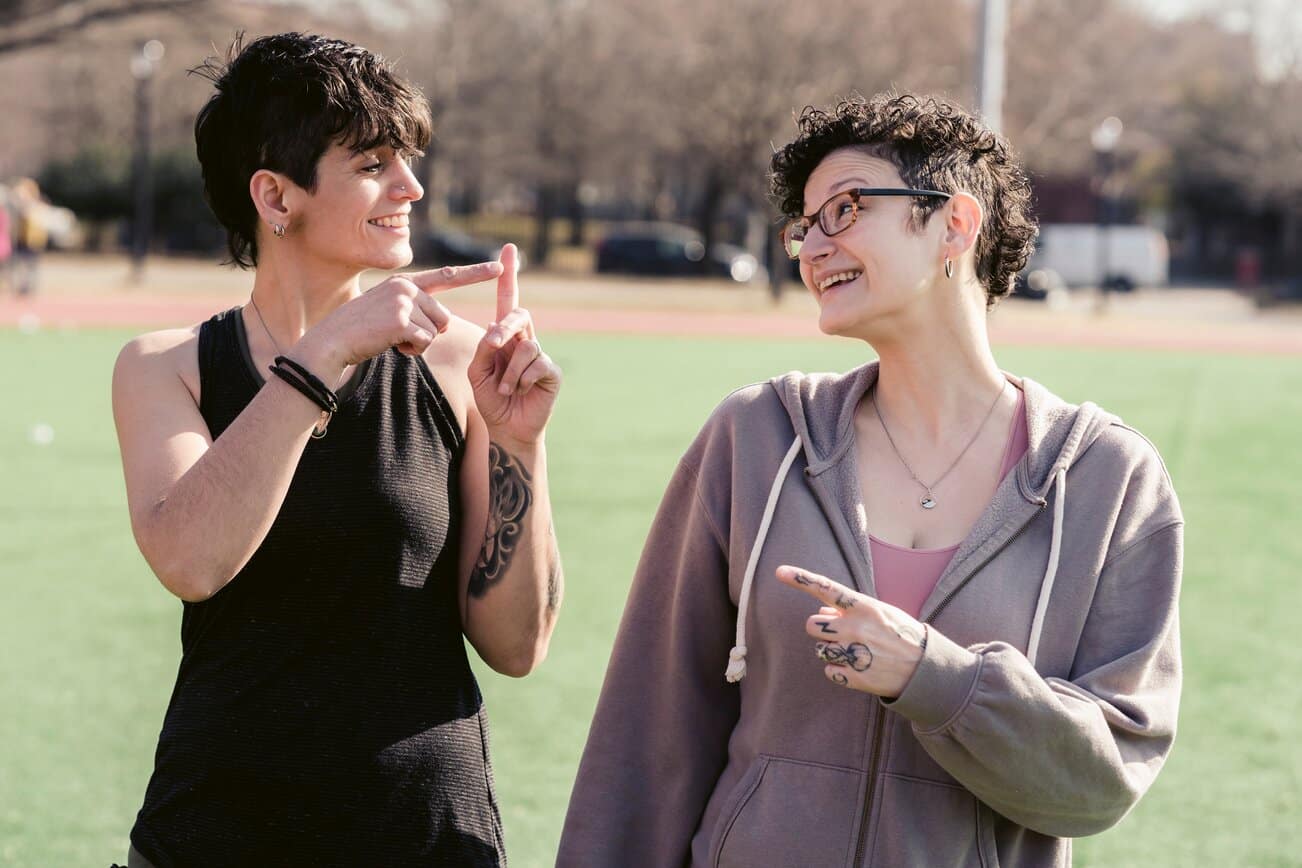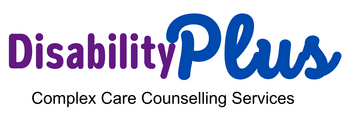Deaf Blog
Navigating Choices: The Diverse Paths in Deafness and Education in the UK
Introduction
- A brief overview of the complexities within the deaf community regarding communication and education.
- Scope of the blog: Examining the benefits of different communication options, including sign language, cochlear implants, and oral communication with or without BSL, as well as the implications for education.
Part I: Communication Methods
Sign Language Only
Cultural Identity
- Importance of sign language to the deaf community
- Connection with Deaf Culture
Nuanced Expression
- Depth of communication possible through BSL
Community Support
- Importance of a shared language and experience
Oral Communication with or without BSL
Flexibility in Communication
- Being able to adapt to various social settings
Family Integration
- More accessible communication within families that do not know sign language
Employment Versatility
- Adaptability in both deaf-friendly and non-deaf-friendly workplaces
Cochlear Implants with Oral Communication
Wider Accessibility
- More straightforward navigation in predominantly hearing environments
Employment Opportunities
- Access to a broader range of career paths
Technological Advances
- Evolving cochlear implant technology

Part I: Communication Methods
Mainstream Schools
Inclusivity
-
- Exposure to a diverse student body
Broad Curricular Offerings
-
- Range of subjects and extracurricular activities
Challenges and Limitations
- Lack of specialised support
- Risk of isolation
Specialised Deaf Schools
Tailored Education
- Specialised curricula and teaching methods
Comprehensive Support Services
- An array of support options, including counselling
Community Building
- Fostering a sense of belonging

Conclusion
The choice of communication methods for deaf individuals in the United Kingdom is a complex and highly individualised decision. It encompasses many factors, such as personal preferences, family dynamics, educational experiences, and career aspirations.
For those who opt for sign language exclusively, a deep sense of cultural affinity and identity is often connected with this choice.
Sign language, like BSL in the UK, offers highly nuanced and expressive communication that can be incredibly enriching. Furthermore, the solid communal bonds within the Deaf community can offer invaluable emotional support and a robust sense of belonging.
However, the limitations of this choice become evident in broader societal contexts where sign language is not commonly understood.
These limitations can extend to educational settings where the curriculum may not be designed for sign language, potentially leading to gaps in educational attainment.
On the other hand, cochlear implants, coupled with oral communication, provide a different set of advantages and challenges.
They offer greater accessibility in settings predominantly designed for the hearing and may open doors to a broader range of professional opportunities.
Technology advancements are continuously improving the auditory experience for those with cochlear implants.
Nevertheless, cochlear implants can sometimes engender a sense of distance from the Deaf community, raising complex questions about identity. The financial aspect of obtaining and maintaining cochlear implants can also be a significant burden for some individuals and families.
A hybrid approach of oral communication with or without BSL offers the flexibility of adapting to various social and professional environments.
This adaptability can be particularly useful for families not versed in sign language, facilitating more accessible communication within the family unit.
Being proficient in oral and sign language communication also offers the versatility needed for diverse professional settings. However, the downside to this approach is the risk of feeling socially isolated and disconnected from predominantly hearing and Deaf communities.
The cognitive load associated with switching between communication methods can also be mentally taxing, particularly in high-stakes or fast-paced situations.
In summary, there is no universally optimal choice of communication for deaf individuals; each comes with its unique set of advantages and disadvantages.
The ‘best’ method of communication varies from individual to individual and is influenced by many factors. Understanding these complexities becomes increasingly crucial as society works towards becoming more inclusive and respectful of diverse communication needs.
Deaf Blog
Navigating Choices: The Diverse Paths in Deafness and Education in the UK
Introduction
- A brief overview of the complexities within the deaf community regarding communication and education.
- Scope of the blog: Examining the benefits of different communication options, including sign language, cochlear implants, and oral communication with or without BSL, as well as the implications for education.
Part I: Communication Methods
Sign Language Only
Cultural Identity
- Importance of sign language to the deaf community
- Connection with Deaf Culture
Nuanced Expression
- Depth of communication possible through BSL
Community Support
- Importance of a shared language and experience
Cochlear Implants with Oral Communication
Wider Accessibility
- More straightforward navigation in predominantly hearing environments
Employment Opportunities
- Access to a broader range of career paths
Technological Advances
- Evolving cochlear implant technology
Oral Communication with or without BSL
Flexibility in Communication
- Being able to adapt to various social settings
Family Integration
- More accessible communication within families that do not know sign language
Employment Versatility
- Adaptability in both deaf-friendly and non-deaf-friendly workplaces

Part II: Educational Choices
Mainstream Schools
Inclusivity
-
- Exposure to a diverse student body
Broad Curricular Offerings
-
- Range of subjects and extracurricular activities
Challenges and Limitations
- Lack of specialised support
- Risk of isolation
Specialised Deaf Schools
Tailored Education
- Specialised curricula and teaching methods
Comprehensive Support Services
- An array of support options, including counselling
Community Building
- Fostering a sense of belonging

Conclusion
The choice of communication methods for deaf individuals in the United Kingdom is a complex and highly individualised decision. It encompasses many factors, such as personal preferences, family dynamics, educational experiences, and career aspirations.
For those who opt for sign language exclusively, a deep sense of cultural affinity and identity is often connected with this choice.
Sign language, like BSL in the UK, offers highly nuanced and expressive communication that can be incredibly enriching. Furthermore, the solid communal bonds within the Deaf community can offer invaluable emotional support and a robust sense of belonging.
However, the limitations of this choice become evident in broader societal contexts where sign language is not commonly understood.
These limitations can extend to educational settings where the curriculum may not be designed for sign language, potentially leading to gaps in educational attainment.
On the other hand, cochlear implants, coupled with oral communication, provide a different set of advantages and challenges.
They offer greater accessibility in settings predominantly designed for the hearing and may open doors to a broader range of professional opportunities.
Technology advancements are continuously improving the auditory experience for those with cochlear implants.
Nevertheless, cochlear implants can sometimes engender a sense of distance from the Deaf community, raising complex questions about identity. The financial aspect of obtaining and maintaining cochlear implants can also be a significant burden for some individuals and families.
A hybrid approach of oral communication with or without BSL offers the flexibility of adapting to various social and professional environments.
This adaptability can be particularly useful for families not versed in sign language, facilitating more accessible communication within the family unit.
Being proficient in oral and sign language communication also offers the versatility needed for diverse professional settings. However, the downside to this approach is the risk of feeling socially isolated and disconnected from predominantly hearing and Deaf communities.
The cognitive load associated with switching between communication methods can also be mentally taxing, particularly in high-stakes or fast-paced situations.
In summary, there is no universally optimal choice of communication for deaf individuals; each comes with its unique set of advantages and disadvantages.
The ‘best’ method of communication varies from individual to individual and is influenced by many factors. Understanding these complexities becomes increasingly crucial as society works towards becoming more inclusive and respectful of diverse communication needs.

I am truly thankful to the owner of this web site who has shared this fantastic piece of writing at at this place.
I appreciate you sharing this blog post. Thanks Again. Cool.
Thank you for the good writeup It in fact was a amusement account it Look advanced to far added agreeable from you However how could we communicate
Simply desire to say your article is as surprising The clearness in your post is simply excellent and i could assume you are an expert on this subject Fine with your permission let me to grab your feed to keep up to date with forthcoming post Thanks a million and please carry on the gratifying work